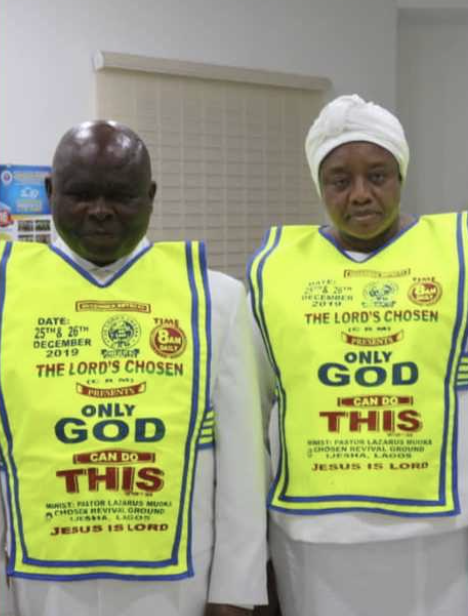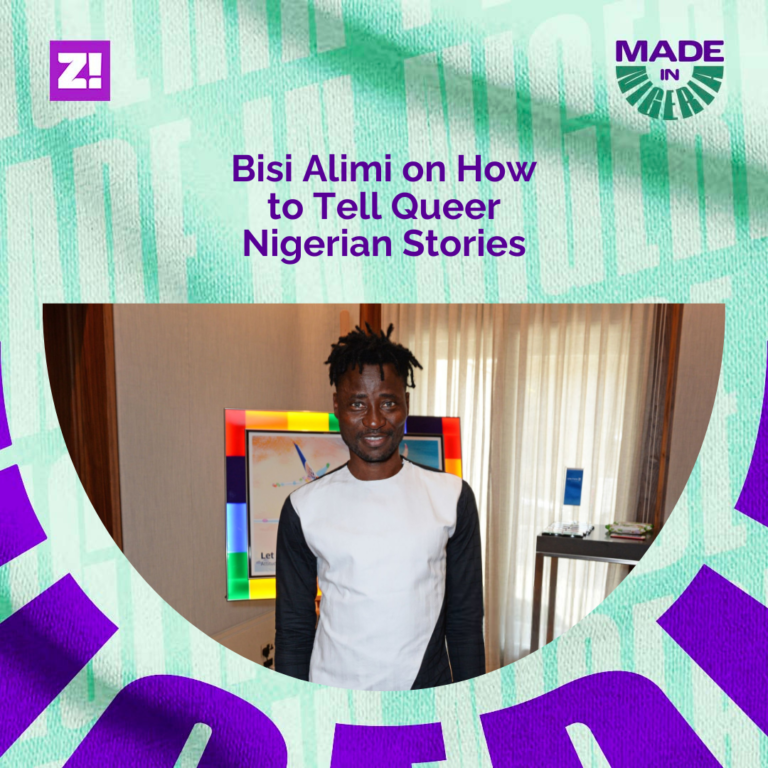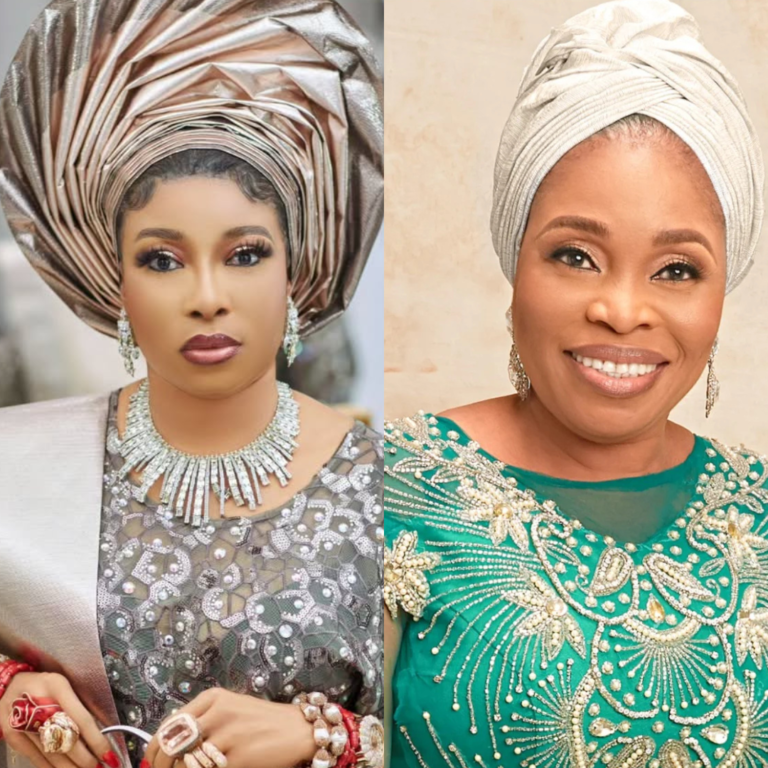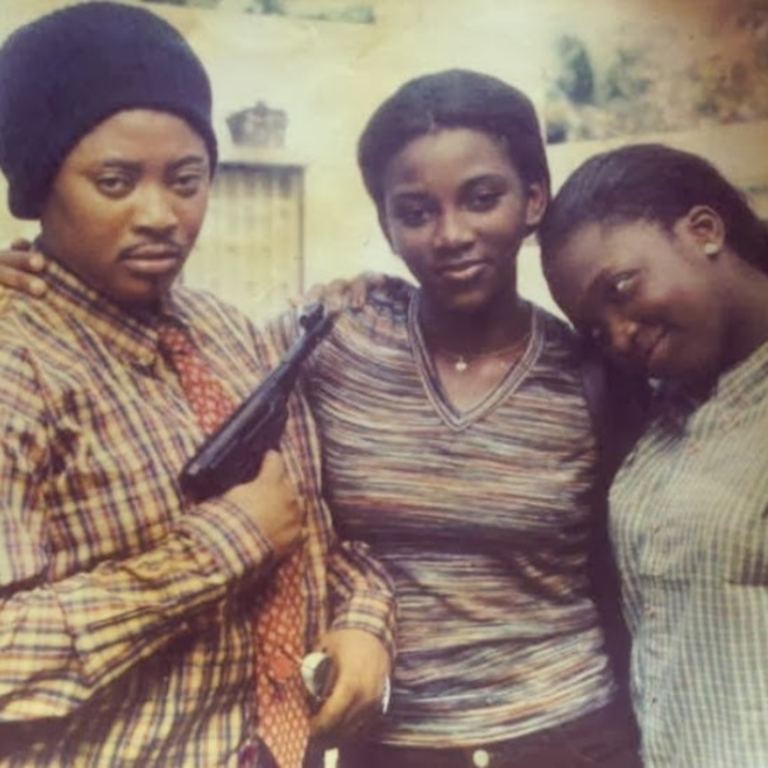For decades, The Lord’s Chosen Charismatic Revival Ministries or just Lord’s Chosen has distinguished itself by its most ardent members, sporting reflective safety vests with, “THE ENEMIES SUBMITTED,” inscribed in all caps.
Their viral testimonies — surviving armed robbers, escaping kidnappers, resurrecting from the dead twice, flying on lion’s back — of “The God of my Pastor Power” coming to the rescue after they declared “I am a chosen. Who are you?” have been a source of public fascination.
For those with faith, they are perfect examples that God is real and capable of unthinkable miracles. For those without any faith, they are emblematic of the foolery that is modern Nigerian Pentecostalism, the bellwether of even more doom to come.
But in the past few weeks, it is these paraphernalia that have made the church the trendiest soundtrack for everything, from makeup transition videos, food disappearing videos, and a myriad of skits from creators on TikTok. In one video, creator 1Lanky wrote, “You fit be chosen make your babe still choose me.”
According to data from the Pew Research Centre in 2015, 50% of Nigerians claim to be Muslims, and 48.1% Christian. Only approximately 2% belong to other or no religious groups. How then did this ultra-religious society trade their reverence for God for laughs and giggles on TikTok in less than a decade?
“There is something called viral marketing. Anything you post right now using ‘I am a Chosen,’ especially if you have the original audio in your content will trend,” Prince Abubakar, a digital marketing manager who works with brands looking to go global said. “If you want your content to go viral, part of the techniques available now is to key into the trend. On average, the result could be as high as a 50% increase in reach. People are desperate these days and anything that works, works.”
Solape Adegbie, the head of social media at the content aggregator Pulse attributes the rise of the trend to the offline activities of members of the church for years. So when the videos began to trickle on social media, they were familiar.
“Chosen as a religious body has created a lot of attention for itself, especially with the way they say ‘I am a chosen,’ three times. They are preaching when you take public transportation. They stop you on the road and their testimonies are always out of this world,” she said.
She added that the nature of the production also plays a huge role in its virality. “The videos are short in a very natural way. They are not overly produced, and it’s almost as if the people recording them are sneaking to do it, which makes them more authentic,” she said.
The days when Nigerians gathered to watch famous televangelists perform outlandish miracles on TV — an era when many of the creators who have jumped on the trend are too young to remember — are gone. In those days miracles were entertainment. Now a new generation unfamiliar with this scoff at the ridiculousness of the claims.
“If you look at the demographic on TikTok, they are mostly young people. A lot of them are born in the 2000s and are not in tune with the time when miracles used to be a crazy thing,” Adegbie said.
Coupled with documentaries and reports that expose corruption by religious leaders, the testimonies of these miracles could not stand a chance at a time of great distrust for the clergy. There has also been a recent debate on social media over defending God. This, Adegbie said, is one of the reasons Christians have not united against the creators who have jumped on the trend. “There is this whole thing of ‘You don’t need to defend God,’ happening on social media. But also the Chosens are doing it in a questionable way. Sometimes people exaggerate testimonies. Unfortunately, people lie,” she said.
But it’s also, she added because clergies that have peaked on social media are not focused on performing miracles as the televangelists of the early aughts. “The kind of posts they make are centered on people, prosperity, and how to develop yourself. Many pastors are now being compared with motivational speakers.”
Many brands move away from religion in their marketing strategies as it can be a divisive and controversial subject. But in this case, Abubakar said that the debate around the chosen trend exists in safe waters, less about Christianity and more about individual belief in miracles. “The pushback has been more of people not taking their spiritual life seriously. It doesn’t trash the religion itself. Working with an influencer on the trend now, especially if they will make a collaborative post will be very good,” he said.

For members of the church, the videos have not been received as the caricature that many of the influencers have intended. Lazarus Muoka the leader of the church has described them as the promise of God coming to pass.
“Everywhere is chosen, chosen, chosen. I am so grateful that what I have been looking for, God gave it to us in a platter of gold,” he said during a recent sermon. “God is doing the publicity and we must give him the glory. They will know that we serve a living God.”




